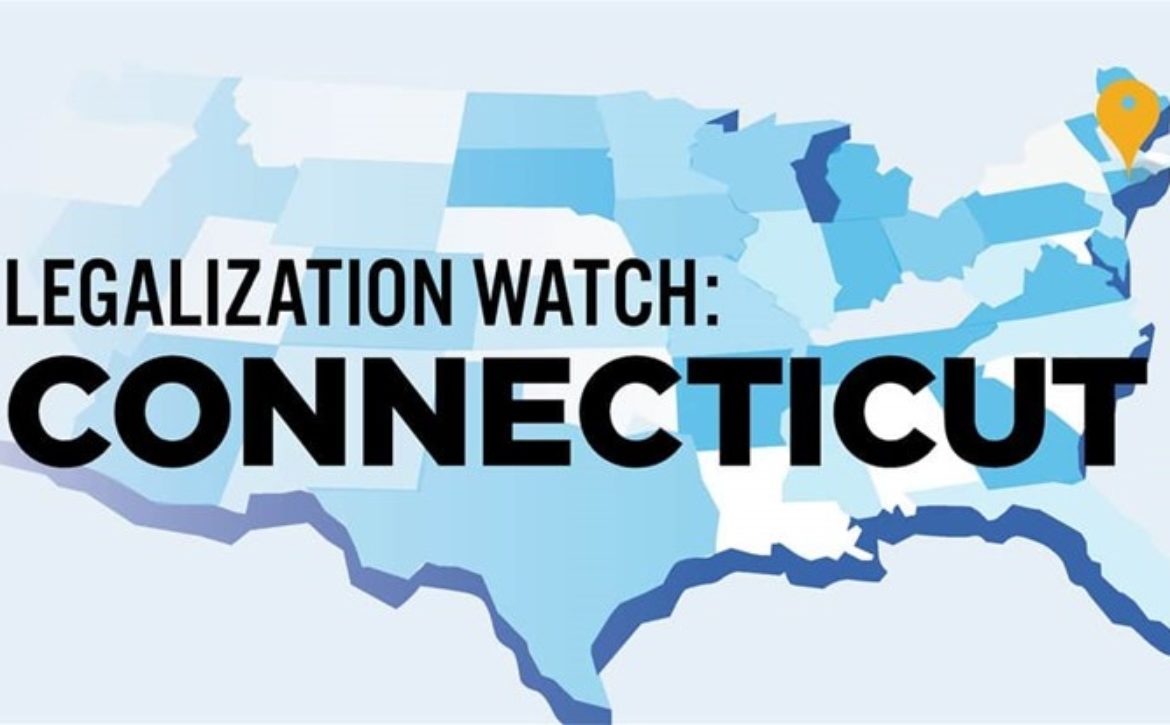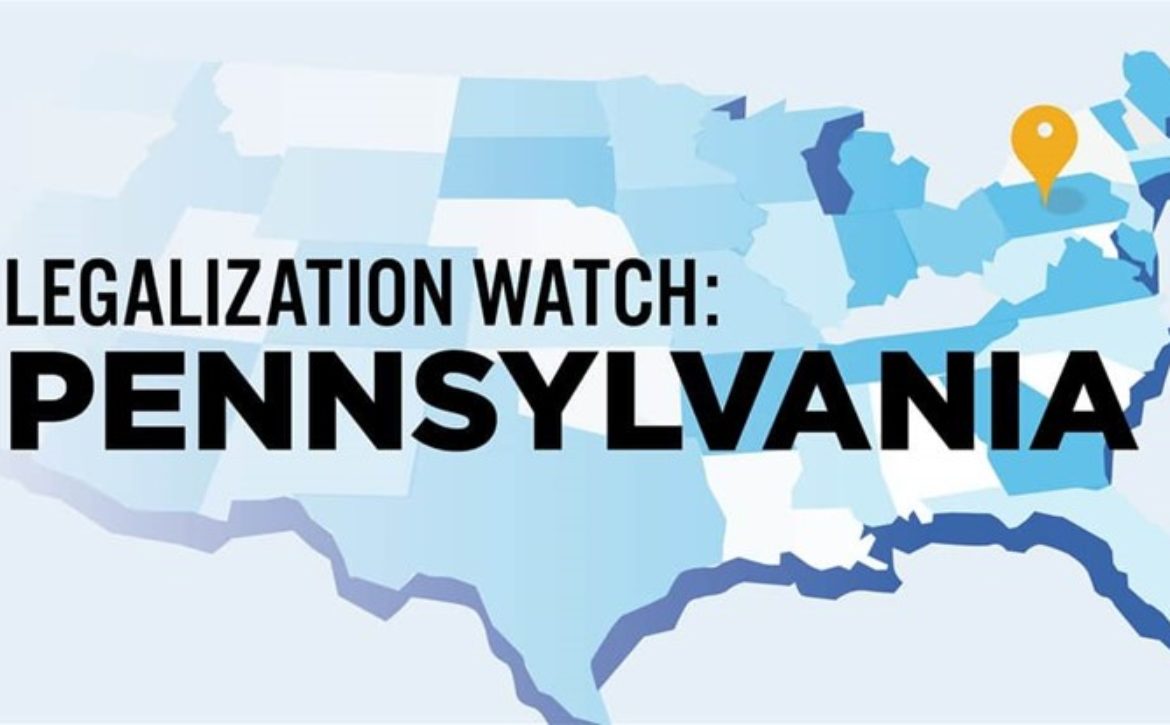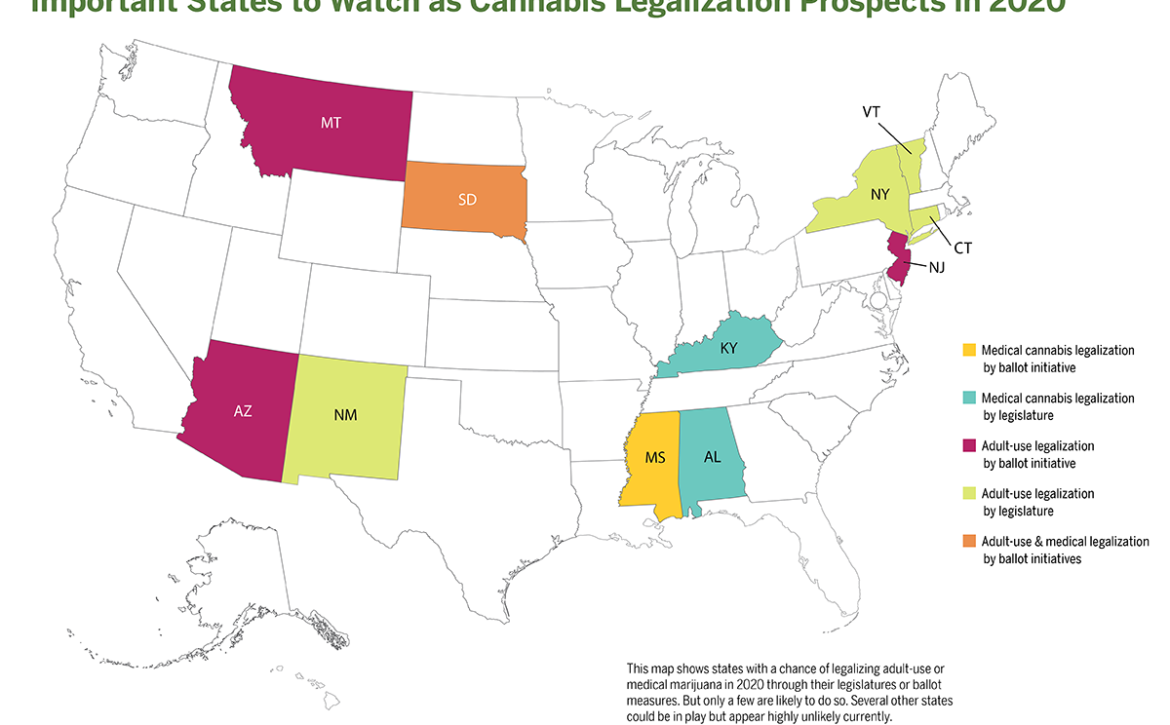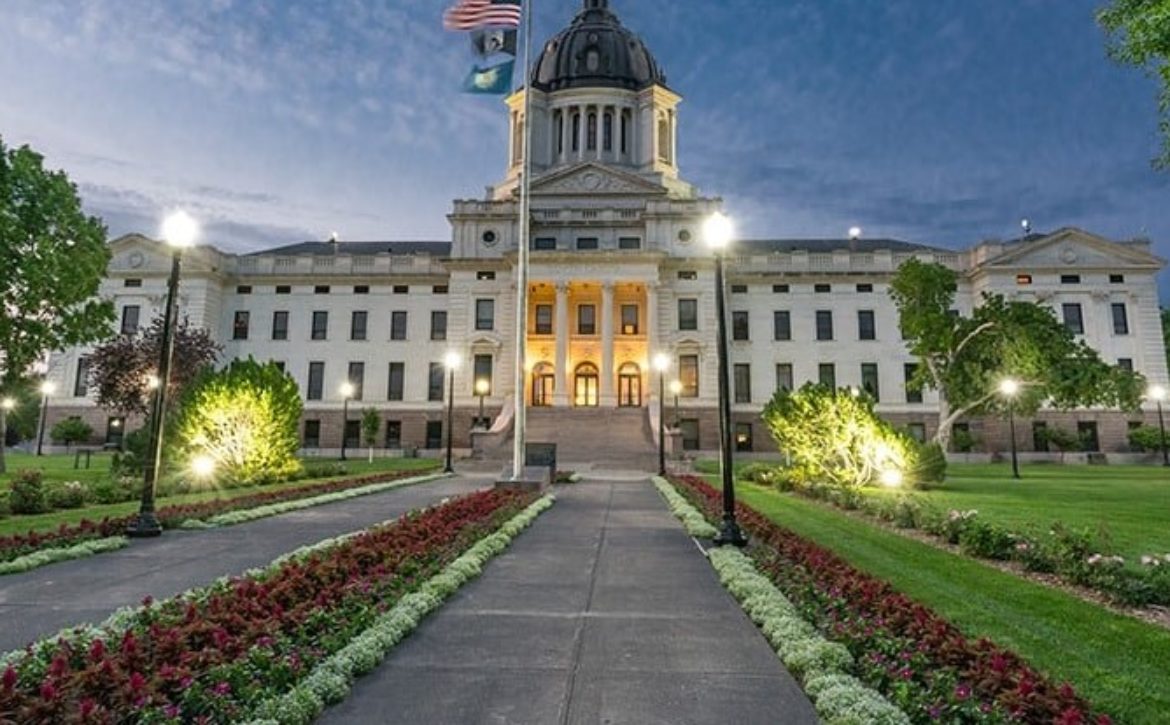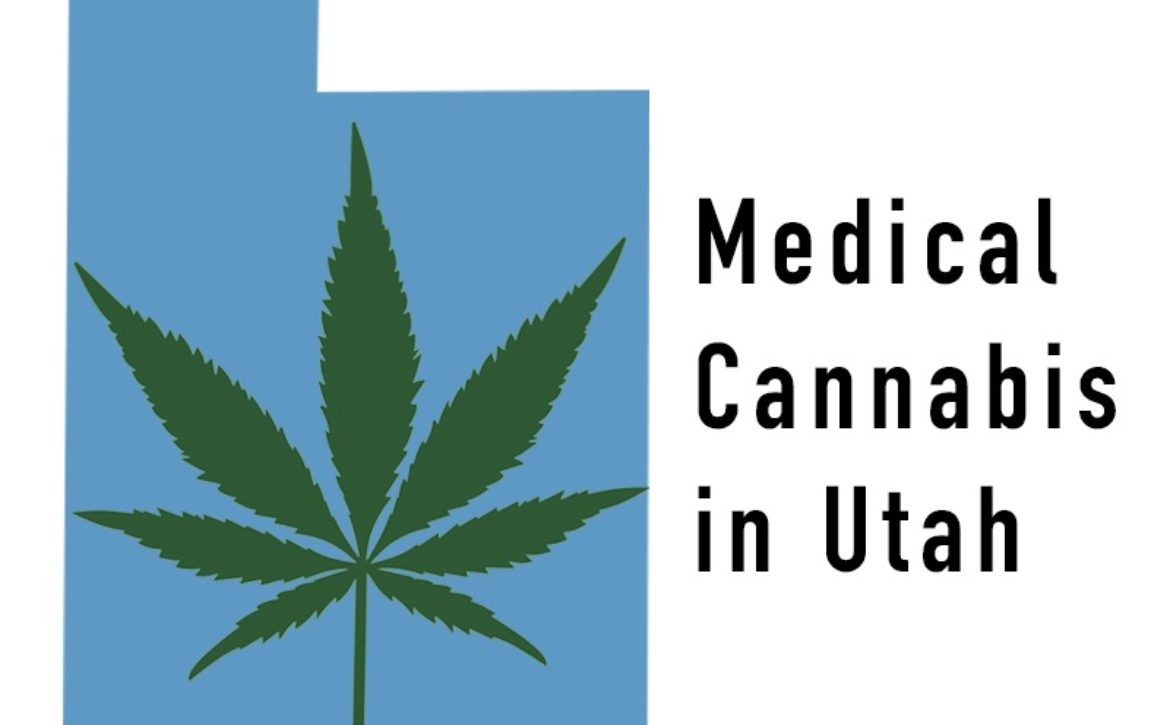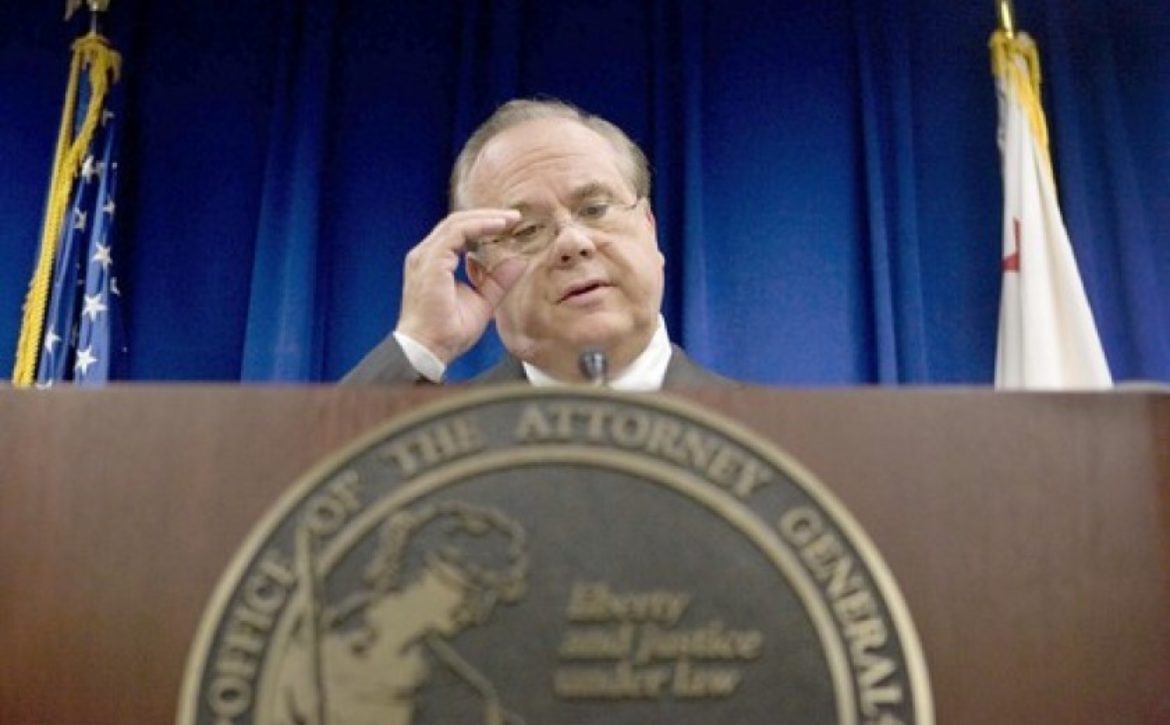Office of Marijuana Policy Issues Maine’s First Conditional Licenses for Adult Use Marijuana Establishments
AUGUSTA – The Office of Marijuana Policy, a part of the Maine Department of Administrative and Financial Services, announced the issuance of Maine’s first conditional licenses for adult use marijuana establishments. A total of 31 conditional licenses were mailed on Saturday, March 14, 2020 to adult use applicants, consisting of one nursery, four products manufacturing facilities, 10 cultivation facilities, and 16 marijuana stores.
This important milestone continues Maine’s structured rollout of Maine’s new adult use industry.
“Since its creation last year, the Office of Marijuana Policy has made three commitments to the public and industry stakeholders,” said OMP Director Erik Gundersen. “We committed to submitting our adult use rulemaking to the legislature before they adjourned in June 2019. We did. We promised we would begin accepting adult use applications by the conclusion of 2019. We did. Finally, we have said the adult use industry will launch in spring 2020. Today’s announcement moves us another step closer to honoring that pledge.”
Along with their conditional license, prospective adult use establishments will receive a local authorization form to present to their intended host municipality. Municipalities have 90 days—and in some instances an additional 90 days—to respond to a licensee’s request for local authorization. Some of Maine’s towns and cities have already engaged potential applicants regarding local requirements.
Once local authorization is received, OMP will request supplemental information and updated documentation from the applicant for review prior to issuance of an active license. Conditional licensees may not engage in the cultivation, manufacture, testing or sale of adult use marijuana or adult use marijuana products until the department has issued an active license.
The State of Maine first made adult use applications available on December 5, 2019. By January 25, 2020, OMP announced that it had 70 applications ready to be vetted. OMP staff have spent the month and a half since reviewing application materials for form and substance, with an eye toward details such as ensuring that all applicants completed their required state and federal criminal history record checks, obtained OMP-issued individual identification cards, and that all principles and owners satisfied the requirements of both the Marijuana Legalization Act and the adult use program rule.
OMP will continue to review pending conditional license applications and processing IIC applications. Licensing staff will also prepare to receive completed local authorizations forms from municipalities throughout Maine. In addition, the office will conduct roadshow events later this month to introduce Metrc, the state’s track and trace solution, to prospective adult use marijuana licensees and their employees.
With this important work well underway, Maine is just months away from the legal retail sale of adult use marijuana, a milestone OMP expects will occur in spring of this year. The office anticipates issuing active licenses as early as April. This process would allow for cultivation and products manufacturing facilities to come into possession of marijuana, have it tested in accordance with rule and law, and for retailers to begin stocking their shelves in preparation for Maine’s to-be-announced retail sales launch date.
“OMP identified early on that the lack of a ‘retail sales launch date’ presented many challenges for both the state and industry,” added Gundersen. “Setting such a date will ensure stores have time to stock their shelves and allow product to build up in the system to withstand the demand for marijuana and marijuana product in the first few days of legal retail sales. This approach has been used in other states and has been well received by industry stakeholders.”
This timeline is contingent upon the successful licensure of a marijuana testing facility to satisfy Maine’s mandatory testing requirements of the adult use program. OMP has identified five laboratories that intend to provide testing within the adult use program and have been working closely with each of them to better understand their plans, potential challenges they face, and how OMP can assist them in navigating the application process.
“The mission of the Office of Marijuana Policy is to ensure the health and safety of all Mainers by effectively and responsibly licensing and regulating marijuana establishments,” concluded Gundersen. “Testing bottlenecks have occurred in many states during implementation of their new adult use marijuana markets. To avoid a similar situation in Maine, we will continue to work closely with our prospective testing facilities to ensure they are able to provide this new industry with adequate testing in a timely manner.”
Information on the entities receiving their conditional licenses may be found on the OMP website at https://www.maine.gov/dafs/omp/open-data/adult-use/.
The Mills Administration created OMP within DAFS in February 2019. The Office is responsible for the oversight of all aspects of legalized marijuana, including Maine’s existing Medical Use of Marijuana Program.


